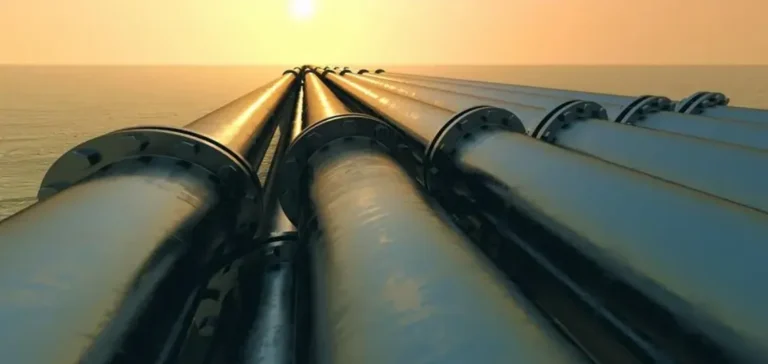The publication by the European Commission of a draft regulation aiming to eliminate all Russian gas imports, including pipeline and LNG, by the end of 2027 marks a major turning point in the bloc’s energy policy. The text introduces two main bans: one on the import of Russian gas, the other on the provision of long-term LNG terminal services to Russian clients. The new rules would apply to contracts signed after the proposal’s publication from 1 January 2026, with transition periods for earlier agreements extending to 1 January 2028.
Major contractual and legal consequences
The proposal raises considerable contractual questions. The European executive suggests that the ban should be recognised as a force majeure event, but offers no guarantee as to the validity of this argument before international arbitration courts. Moreover, the text does not clarify whether suspension of deliveries is sufficient to comply with the regulation or whether formal contract termination would be required, leaving importers exposed to potential financial or legal claims.
The restrictions apply to all contracts, both long-term and spot, some extending as far as 2041. Contract amendments made after the publication of the draft would be treated as new agreements and thus subject to the ban from 2026. This arrangement limits the ability of buyers and sellers to adjust by negotiation, increasing the risk of legal confrontation.
Strengthened transparency measures for imports
The European Commission is demanding an unprecedented level of transparency on import contracts. Companies will have to provide customs authorities and the Commission with detailed information on volumes, contractual clauses and the traceability of gas molecules. Any import via certain interconnection points will be considered Russian, unless “unambiguous” evidence to the contrary is provided, which could complicate market access for some flows, especially in Central and Eastern Europe.
LNG terminal operators are also subject to reporting obligations concerning their services to Russian entities. Import refusal may be pronounced by customs authorities if the submitted documentation is not deemed satisfactory, creating uncertainty for many players.
National diversification plans and divergent situations
Member States will have to submit national diversification plans by March 2026, detailing how they will remove Russian gas from their energy mix. According to the Oxford Institute for Energy Studies report, several countries such as Hungary, Slovakia or Austria have already expressed strong reservations, criticising the lack of economic impact assessment and highlighting their infrastructure’s dependence on Russian supplies.
In case of disagreement on these plans or on the reality of their implementation, the proposal provides no mechanism for conflict resolution, leaving the door open to ongoing divergence. The Commission may nonetheless recommend adjustments, but States retain considerable leeway.
Limited impact on volumes but price increases expected
According to market simulations, the withdrawal of Russian gas could be offset by other sources, notably a massive influx of US LNG, without causing major shortages. Nevertheless, this reorganisation would result in a moderate price increase, estimated at around $0.20 to $0.35/MMBTU for major European hubs over the 2028-2035 period. Central European countries such as Hungary remain particularly exposed to any incident at their alternative import points.
According to the report, “the proposal imposes strong regulatory pressure, without guaranteeing the effective cessation of all affected contracts by the required deadlines” (OIES reported in July 2025).






















